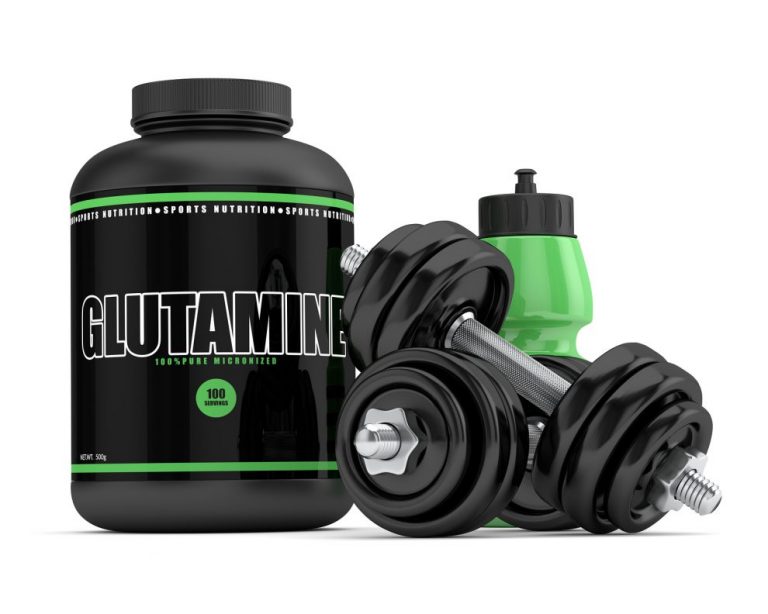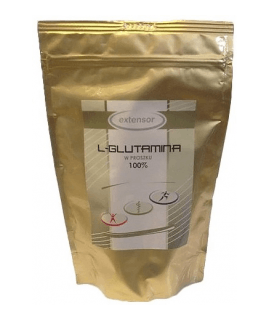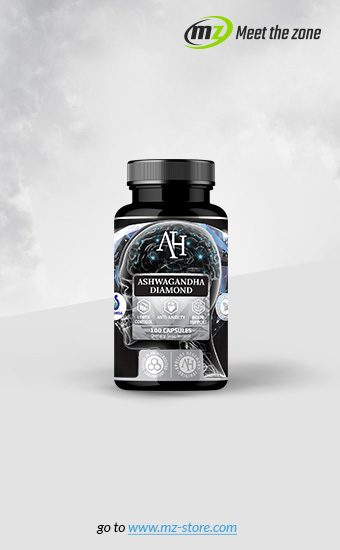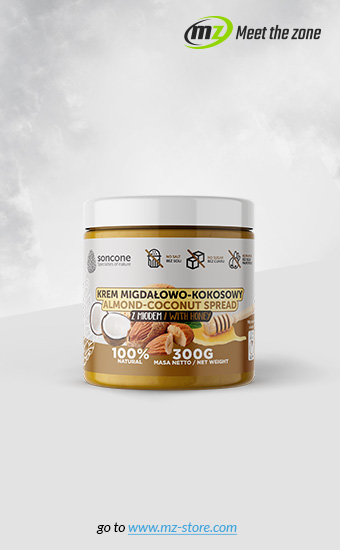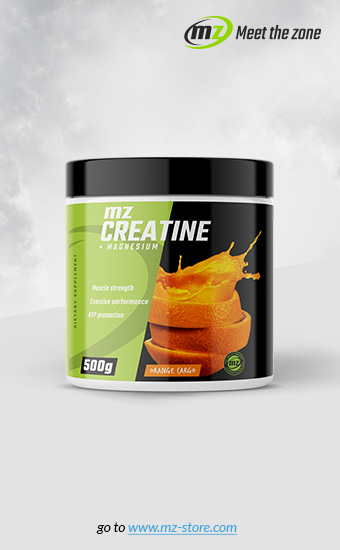Glutamine is an amino acid that belongs to the group of endogenous amino acids, so it is produced alone at certain doses by the human body. It occurs in free form or it is produced in muscle cells from valine, isoleucine or from glutamic acid. It is both a component of animal and vegetable protein. It is the main building block of muscle, constituting nearly 60% of the content in muscle tissue. For people who do not practice sports, the amount released by the body is sufficient. By athletes, in turn, it is used as a dietary supplement, which has a very wide application.
Glutamine action
Glutamine is primarily intended to help the body's work, especially in people who are intensely exercising. Its main task is to stimulate the synthesis of muscle proteins, increase physical efficiency by replenishing glycogen stores, and to this it reduces the effects of catabolic processes. Allows you to burn fat. Glutamine is a very good amino acid to support the proper functioning of the intestines, additionally also sealing the intestines, thus protecting against the penetration of microorganisms into the bloodstream. It improves the work of the heart. It works perfectly on the immune system, on stomach ulcers, for faster wound healing.It maintains the correct blood sugar level without letting insulin fall. Thanks to its consumption, the body regenerates faster, especially after a very intense workout. The action of glutamine is also used in the proper functioning of the brain, in removing unnecessary metabolic products and in reducing the feeling of hunger. As you can see, it has a comprehensive action, which is whydespite many aspects that are purelyeffectivefor athletes, it affects such vital functions that its appropriate level in the body is simply indispensable.
Dosage of glutamine
The body generates it itself, which is why its shortages are very rare. Proper production and proper diet give the opportunity to maintain glutamine at an appropriate level. For athletes, however, a very good solution is certainly supplementation with this amino acid. So how do you take it? For people exercising moderately, it is 3-5 g administered 2-3 times a day, for people exercising intensely it is 5-8 g per day.For bodybuilders weighing a minimum of 100 kg, taking glutamine is about 30 g. Glutamine is recommended during or after a meal. It is worth adapting to the recommended doses, so as not to allow excess in the body. If we take more of it, we can lead to kidney problems, normal ammonia metabolism, acid-base disturbances, as well as improper transport of amino acids to tissues.
Studies confirming the effectiveness of glutamine
The use of glutamine contributes to a number of benefits resulting from this, although the studies do not fully confirm its high impact on the human body. However, using it in the right amounts improves brain function, supports regeneration, acts anabolic, affects healthy intestines, and is needed for the proper functioning of the sugar economy. The tests confirmed for sure that administering it in the amount of 2-3 g three times a day reduced the desire for alcohol in people addicted to alcohol, moreover, improved sleep, reduced the sense of fear. Studies on the effects of glutamine have also been carried out on animals, wanting to prove the thesis that it supports the body in the fight against cancer. Conclusions from the conducted research have shown that glutamine strengthens the effect of anti-cancer drugs.,
